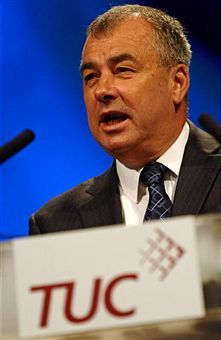 Watch or read much of the economics coverage in Britain and you sometimes get the sense
that we’re entering the final round of a peculiar game. Let’s call it ‘Russian Roulette for Economists’. The rules are simple: teams of academics and economically-literate politicos line up on
either side of an issue and hurl abuse at one another. The winner will be declared when something significant changes in the macro-economic position of the UK.
Watch or read much of the economics coverage in Britain and you sometimes get the sense
that we’re entering the final round of a peculiar game. Let’s call it ‘Russian Roulette for Economists’. The rules are simple: teams of academics and economically-literate politicos line up on
either side of an issue and hurl abuse at one another. The winner will be declared when something significant changes in the macro-economic position of the UK.
The game was played when Britain entered the ERM (those who said it would be a disaster won). The current double dip debate is another example.
This time, the principal players on one side are the former Bank of England policymaker Professor David Blanchflower and the TUC general secretary Brendan Barber. On the other, is George Osborne.
Osborne¹s office, indeed the entire government, has spent months giving the impression that cuts of up to 25 per cent in some departments are vital if Britain is to rebuild its international reputation and avoid a ‘double dip¹.

Get Britain's best politics newsletters
Register to get The Spectator's insight and opinion straight to your inbox. You can then read two free articles each week.
Already a subscriber? Log in







Comments
Join the debate for just £1 a month
Be part of the conversation with other Spectator readers by getting your first three months for £3.
UNLOCK ACCESS Just £1 a monthAlready a subscriber? Log in